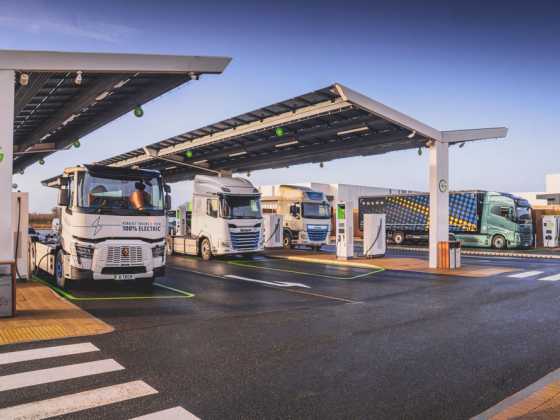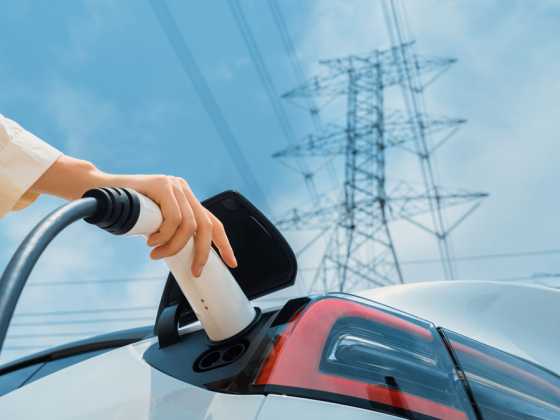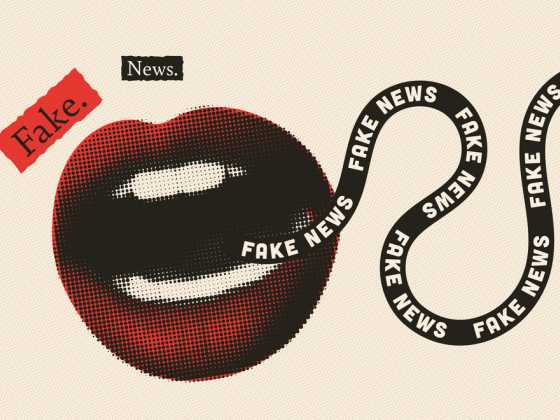Cutting costs with fuel cards
Phil Williams, UK sales manager at euroShell Card, highlights the business benefits of introducing fuel cards
 Fuel, after van acquisition/depreciation, is the second largest vehicle expense facing all businesses, potentially accounting for at least 25 per cent of fleet expenditure.
Fuel, after van acquisition/depreciation, is the second largest vehicle expense facing all businesses, potentially accounting for at least 25 per cent of fleet expenditure.
It is therefore vital that fleet operators use every tool in their armoury to keep fuel costs under control and eliminate any unnecessary expenditure.
Effective fuel management starts with organisations operating the most fuel efficient vehicles, and it continues with journey planning, travel management and the way in which employees drive when behind the wheel.
But, having introduced fuel-sipping models and taken other best practice steps it is crucial that companies operate a robust fuel management strategy to ensure that petrol and diesel bills are kept to a minimum otherwise potential savings will not materialise.
CHALLENGES
Unfortunately, anecdotal evidence suggests that some fleet decision-makers appear to believe that fuel is an unmanageable cost and that few cost-saving actions can be taken in the face of what is seen as sometimes volatile forecourt prices. However, that is far from the truth.
So, unless public and private fleet decision-makers are collecting and collating fuel bills submitted by individual drivers for individual vehicles they will have no way of controlling expenditure or an appreciation that fuel will invariably account for around a quarter of their fleet spend.
However, for the vast majority of organisations implementing such a disciplined process is likely to prove an administrative nightmare.
Equally problematical for many organisations is the ‘old fashioned’ process of paying for fuel through employee pay and reclaim, a pence per mile reimbursement system or fuel receipts attached to a weekly or a monthly expense claim.
In both cases it is why many organisations use fuel cards, which as well as aiding fuel budget administration can also deliver financial savings.
SAVING THROUGH FUEL CARDS
Industry experts suggest that by taking note of the ‘fuel eternal triangle’ – miles driven, the volume of fuel purchased and the cost of fuel – all underpinned by a disciplined fuel card regime, valuable financial savings of 15-20 per cent can be achieved.
Fuel cards can be issued to individual drivers/vehicles and, crucially, they can be programmed with pre-set spending and usage limits, giving immediate control and removing the potential for fraud.
There are many types of fuel card available such as oil company provided cards like the euroShell Card, which can be used at Shell as well as Esso and Total forecourts, to cards that can be used at most outlets and some that allow drivers to buy a range of other vehicle-related services as well as fuel.
The type of card that is selected will come down to individual requirements. However, at Shell our account managers will undertake a mapping exercise to highlight the proximity of forecourts to businesses and company depots.
Payment terms can also vary depending on the fuel card provider. At Shell, for example, businesses can receive a volume-related discount linked to the amount of fuel bought. However, they can also opt to buy fuel at a fixed weekly price based on the previous week’s crude oil price on the Rotterdam market.
INSIGHTFUL INFORMATION
Having decided to introduce fuel cards, organisations will typically receive one single monthly consolidated online invoice detailing all purchases identified by driver/vehicle.
This enables fleet chiefs to calculate average fuel consumption for each driver/vehicle.
Poor consumption figures will identify costly driving habits that can be remedied through management action ranging from highlighting the problem with the employees concerned to a comprehensive driver training programme.
Similarly, an underperforming vehicle will highlight that action could be needed to remedy a specific mechanical fault.
Fuel cards and the management reports emanating from them enable fleet bosses to take control over how company money is spent on fuel, gather accurate data about use, and then analyse that information to deliver savings.
As a result, even when forecourt prices are rising, the impact on fuel bills can be minimised.
BENEFITS
The list of fuel card benefits is many and varied but include:
• Web-based management reports enable fuel policies to be set, compliance monitored and savings identified
• All fuel costs appearing on a single consolidated HMRC-approved VAT invoice. Breakdowns by individual card/driver/vehicle and cost centre enable firms to reallocate cost and produce reports.
• Reports give actual fuel cost per mile so employers that re-imburse drivers on a fixed pence per mile rate could make savings by paying the real cost of the fuel
• Reports enable the policing of drivers, especially in relation to where fuel is purchased and at what price
• Cards can be allocated to specific vehicles which identifies MPG performance and/or specific drivers
• Individual car purchases restricted and spending limits pre-set
• The calculation of carbon dioxide emissions giving organisations a carbon footprint for their vehicles
• The identification of poor MPG figures that can be remedied through management action
• Similarly, an underperforming vehicle will highlight that action could be needed to remedy a specific mechanical fault.
• Security as employees should not carry cash or be worried about potential bank card fraud
• The elimination of the risk of any fuel fraud caused by employees filling up other vehicles at their employer’s expense.






